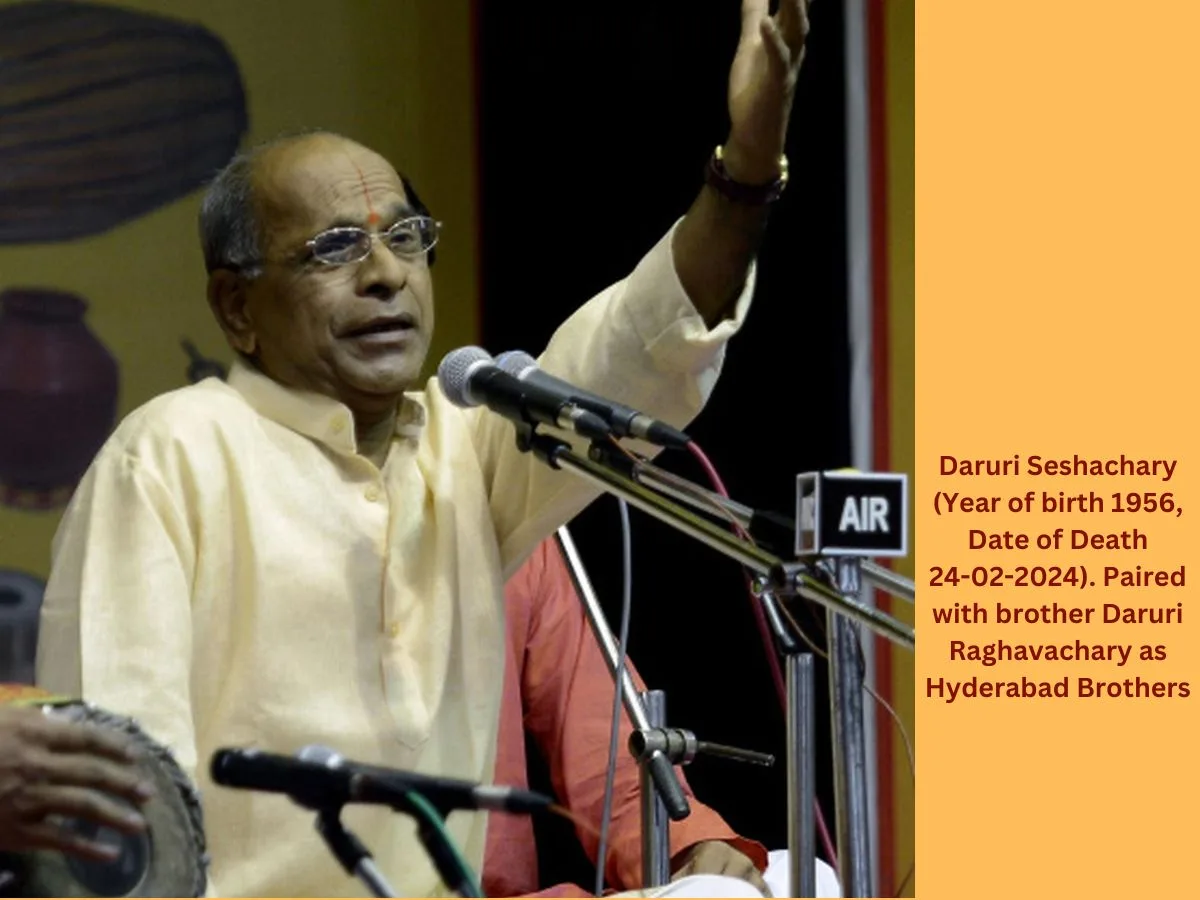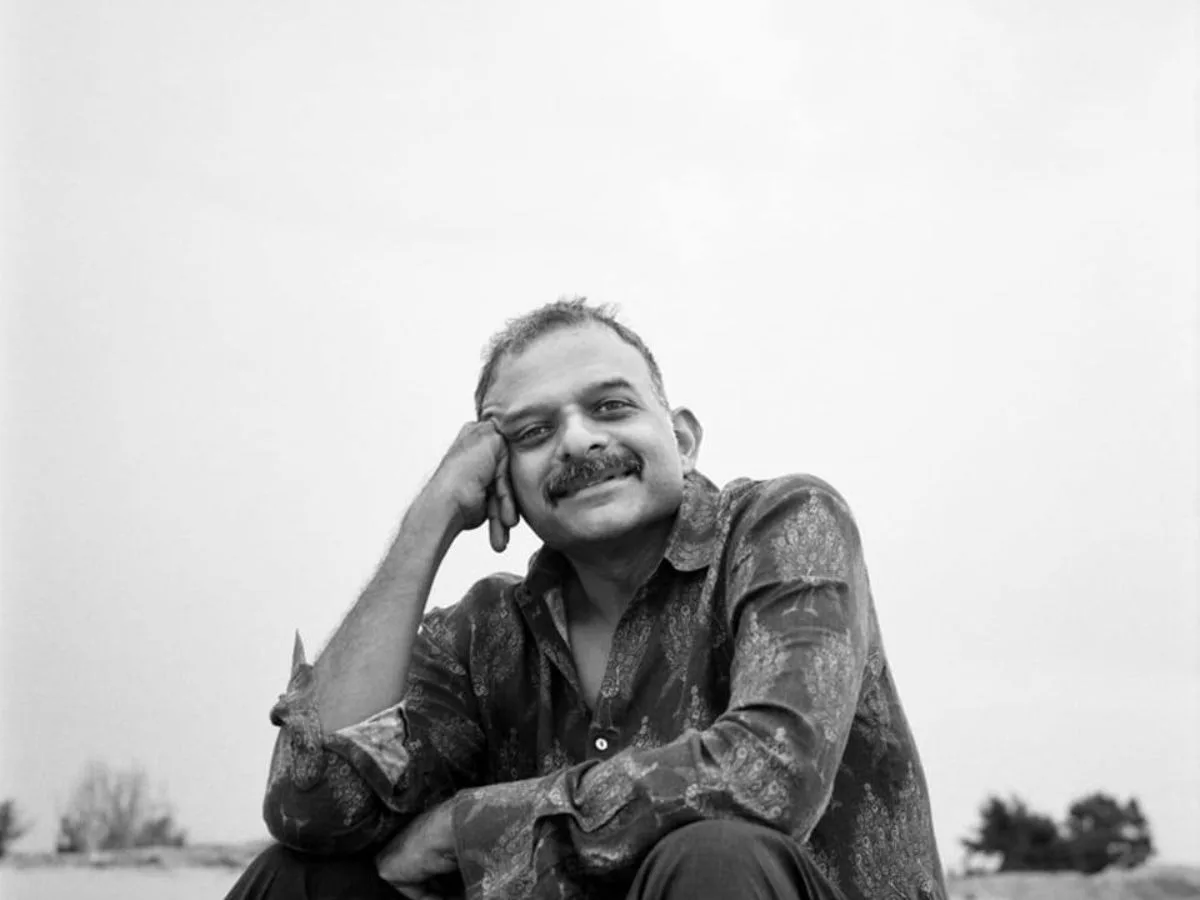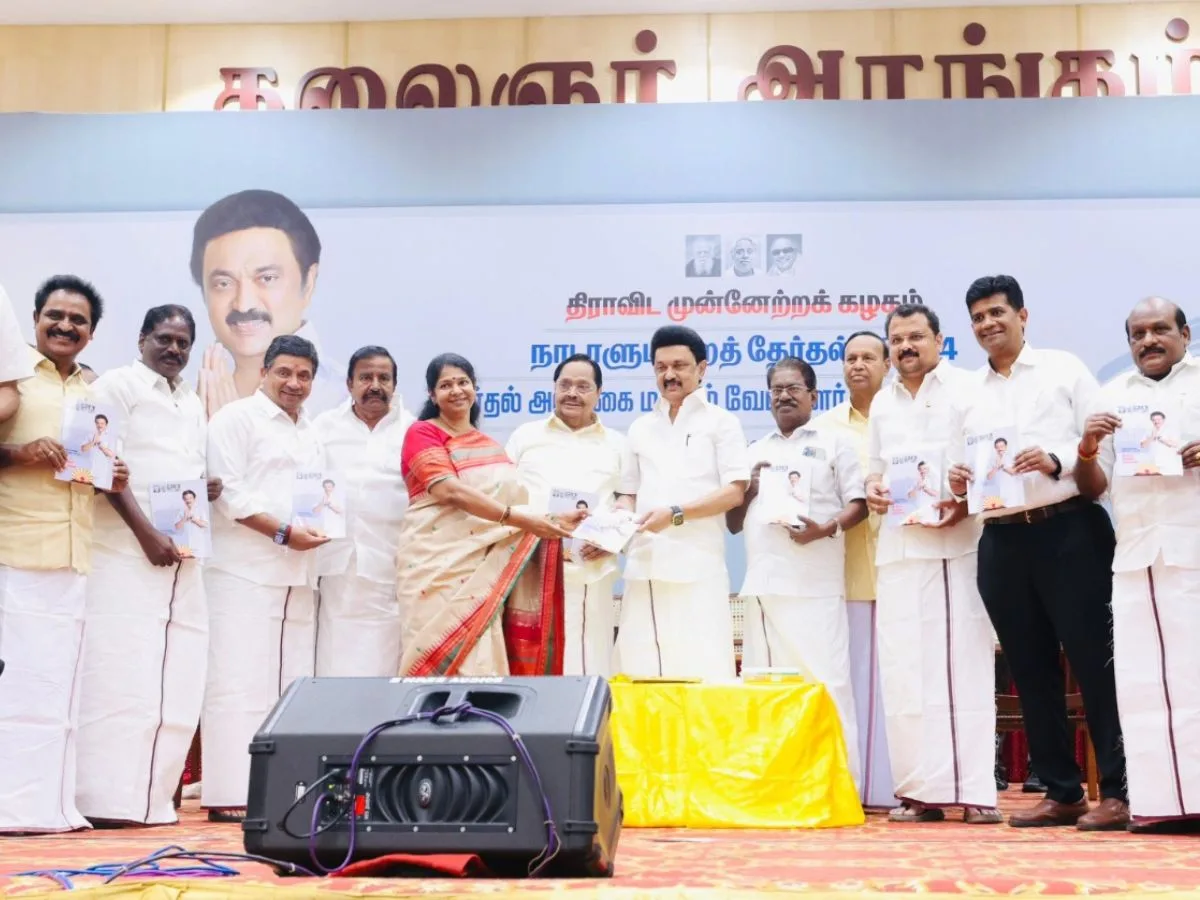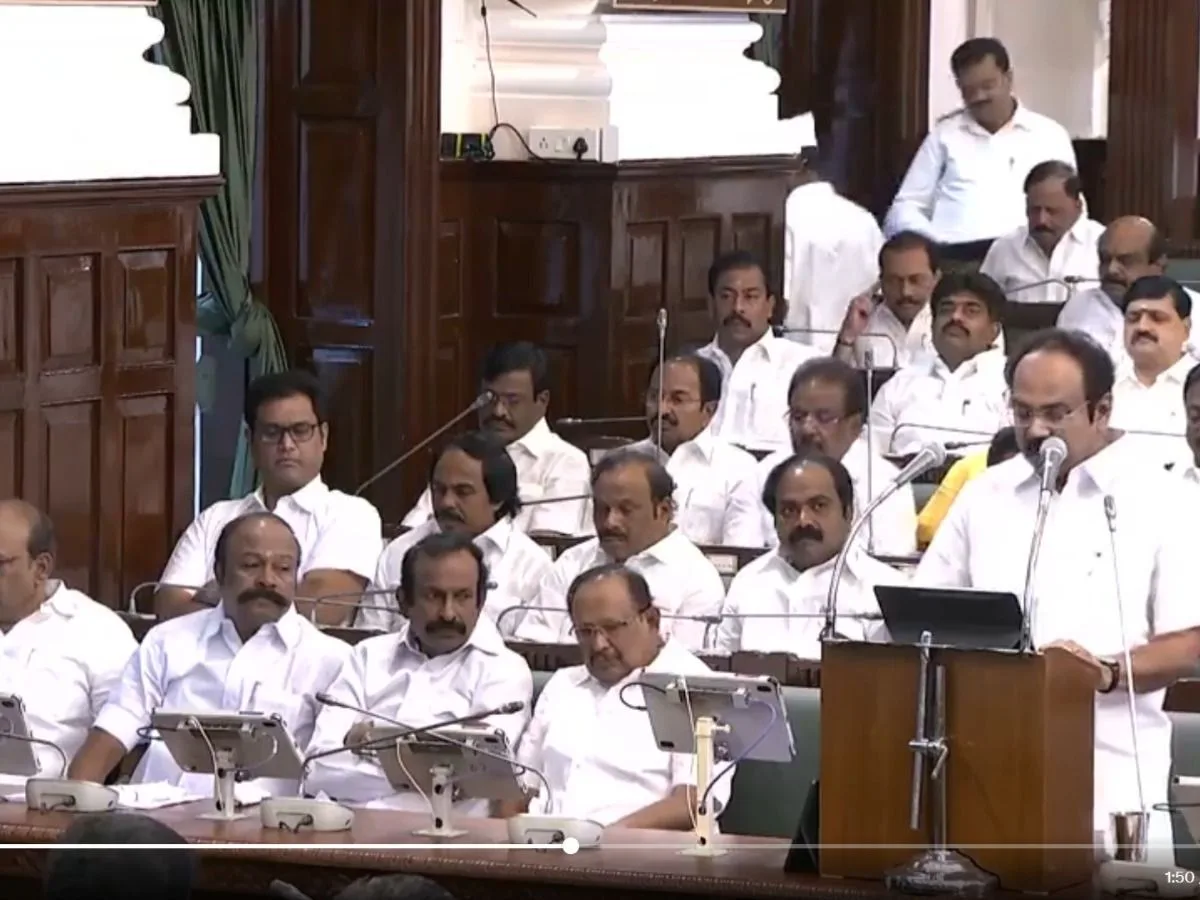Read in : தமிழ்
More than three weeks after Srimathi, a Class 12 student, apparently committed suicide in Kaniyamoor, Kallakurichi, it doesn’t appear the police has been able to establish basic aspects of the case. There has been no press briefing accounting for what the police have concluded and what they are yet to find out. Has the CB-CID, which has been tasked with investigating the case, concluded it is a case of suicide? If so, does the agency think there is credible evidence of abetment? If it’s not suicide, then what action has been taken to proceed with the case as one of possible murder?
In the absence of any briefing by the police, the media and especially YouTube channels have gone to town with supposed revelations that have come out in a sustained manner over weeks. For instance, supposed CCTV footage recently sought to cast doubt on the idea that the death was a suicide.
In the absence of a full accounting by the police, a perception has gained ground that there indeed was some hanky panky and that somewhere, someone powerful has something to hide. This has been the driver behind the continued interest in the case on social media. Allegations have been made, for instance, about the character of the people in the school management. Their connections with organizations and the police have been dredged up to build a narrative of a school management with connections trying to evade investigation.
Caste motives have been read into the riots that followed. There have been allegations that the police has adopted a policy of targeting Scheduled Caste groups in the arrests made in connection with the July 17 riot on the school campus.
In the absence of any briefing by the police, the media and especially YouTube channels have gone to town with supposed revelations that have come out in a sustained manner over weeks
Meanwhile, the CB-CID has released a statement saying it is investigating the case from all angles. The high court is monitoring the investigation. In this situation, newspapers, television and social media have been giving their opinions and proceeding with investigation, putting out videos. This, the statement says, is hampering the police investigation.
Also Read:
Kallakurichi: A tenuous relationship between school and locals
Kallakurichi case: A region that chases scores but at what cost?
The statement requests that no one should put out reports nor videos on media and social media that would harm the investigation. It then says action will be taken if any individual or organization puts out such reports. Their YouTube channels and internet accounts will be curbed legally, the statement says, while requesting that those who have any information should instead contact the police directly at a certain number.
While such a gag order seems bad in law and contravenes basic free speech rights, several questions have arisen. The intense coverage on social media has been going on for three weeks now. But the CB-CID seems to have reacted after all these days. If there had been any specific cases of people or media organizations trying to scuttle or mislead the police investigation, then legal action could have been taken that were within the scope of police powers instead of a generic gag order.
While such a gag order seems bad in law and contravenes basic free speech rights, several questions have arisen. The intense coverage on social media has been going on for three weeks now
If the media investigation is getting ahead of police investigation, then that is a reflection on what the police has been able to achieve. If the police is not able to decide whether specific reports or video clips were true, false or motivated, then it would have been better to ramp up its own investigation and make a conclusive finding and then take action. Asking people to contact the police directly if they had any information on the case gives the appearance that the agency has still not made much progress.
Government agencies have to realize that today’s elephant in the room is social media. Its raucous nature, lack of layers of fact checking, and diminished requirements on credibility mean the quality of information on social media is often not high. Having said that, it is also true that in the Kallakurichi case enough has come on social media that demand results from the police. Specific cases of willful or motivated false reporting could have been dealt with on a case-by-case basis instead of seeking a blanket ban. If the CB-CID approach becomes the norm, then no investigation by anyone including the media in any case would be possible – the authorities can always claim such attempts are hampering their own investigation.
Read in : தமிழ்











